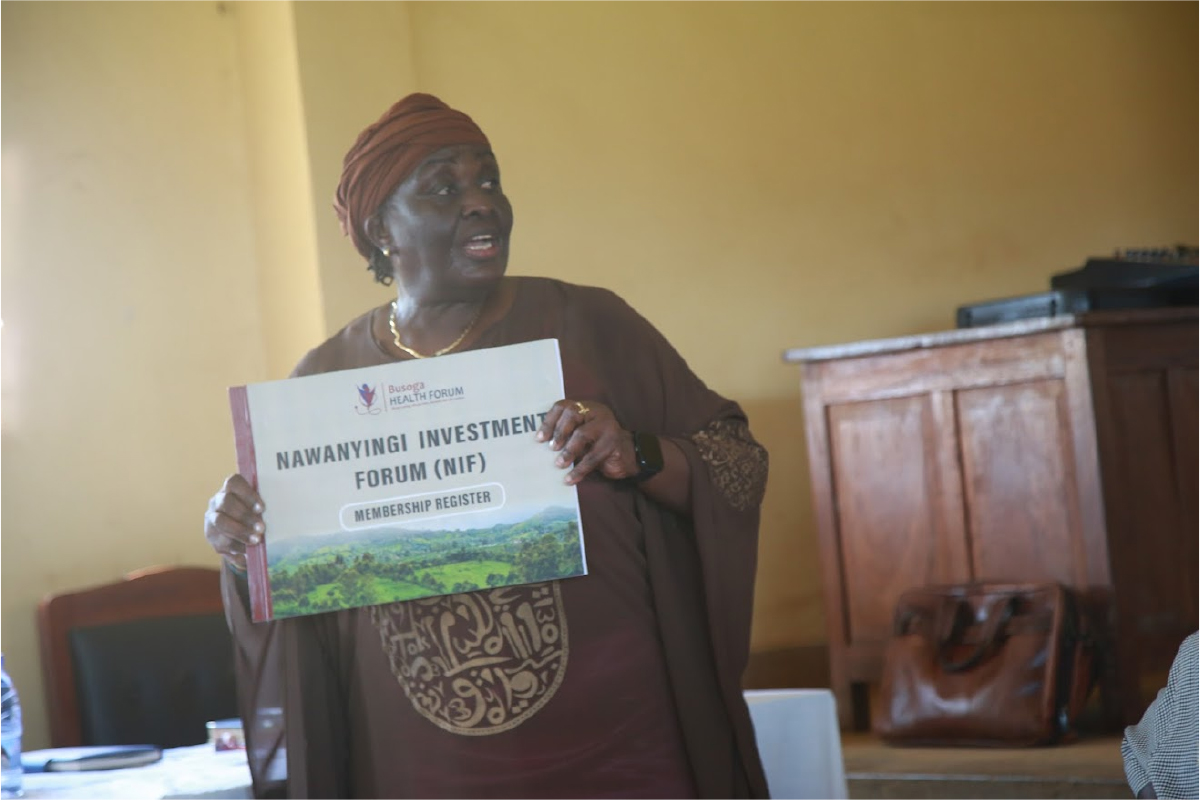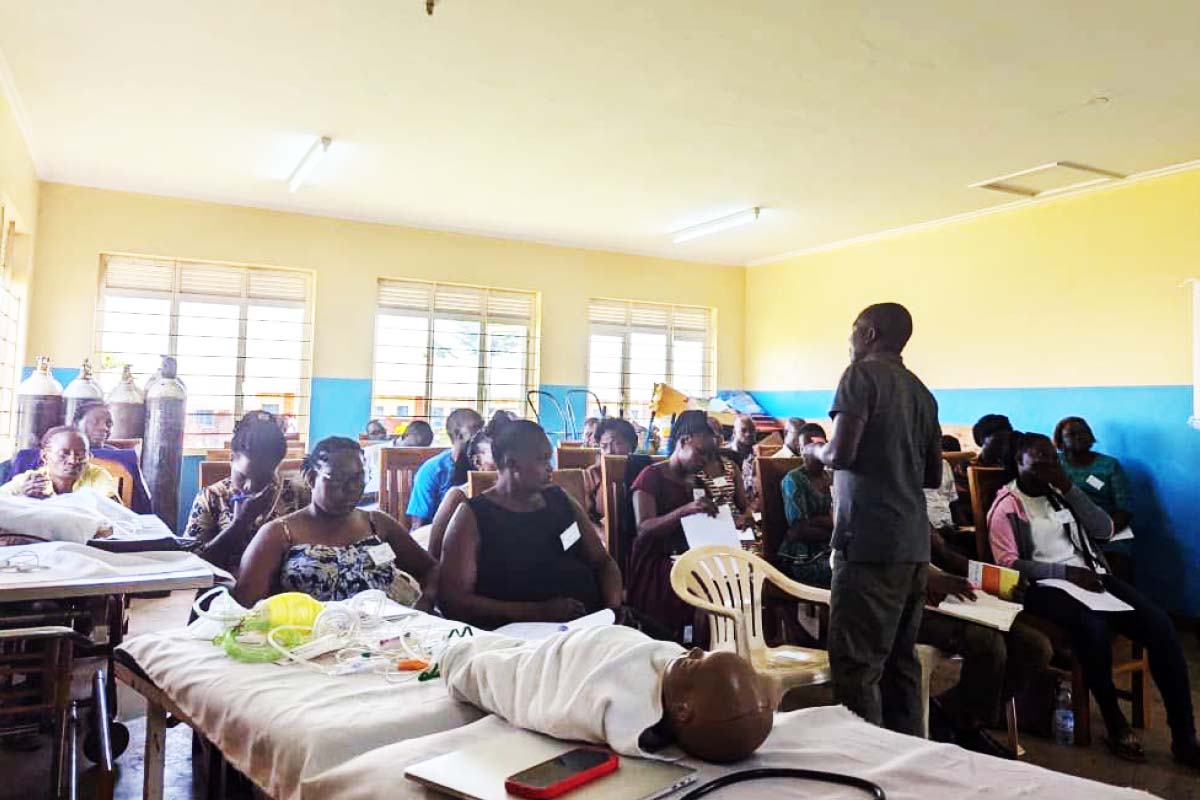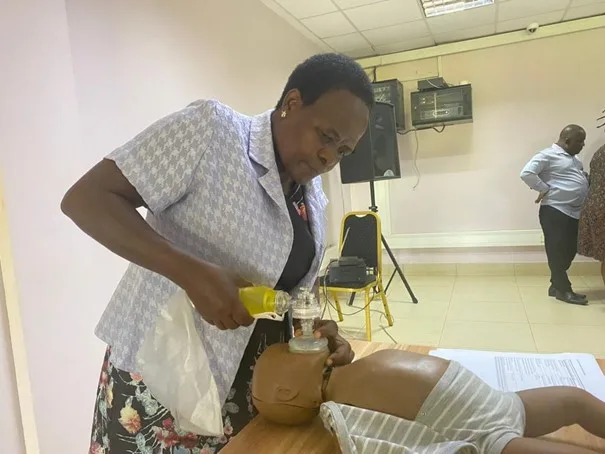
RETHINKING MALARIA IN THE CONTEXT OF COVID 19
By Elizabeth Namara
Uganda accounted for five percent of the global malaria according to the World Health Report 2020.
Uganda was in 2018 estimated to be among the highest contributors of Plasmodium Falaparum malaria cases globally.
The country experiences two malaria transmission types i.e. stable perennial malaria transmission and low unstable transmission.
According to the Ministry of Health weekly reports, the week dated 23rd – 29th August had a total of 129,829 confirmed reported malaria cases.
The mass action against malaria initiative in Uganda is presented as an example of a country led process of political engagement at all levels, and multisectoral and community mobilization.
According to Former Vice President Dr. Specioza Wandira Kazibwe, malaria eradication should be led by endemic countries in partnership with multiple stakeholders at all levels, communities should be engaged fully with active participation in implementing policy frameworks, leaders at all levels should be accountable for progress on malaria leading to elimination, and commitment should be assured to malaria eradication as a national priority.
“There is need to triangulate malaria with economic and social data to drive political and technical decision making and mobilize commitment to malaria eradication at all levels. Malaria data should be used as a communication tool to galvanize action for eradication.” She said while addressing Busoga Health Forum stakeholders on the topic “Rethinking Malaria in the context of covid 19.”
The country has been carrying out campaigns towards the fight against malaria, mosquito nets distribution has been going on over the years, the first campaign was in 2013/2014, second in 2016/2017 and the most recent one in 2020.
These have been initiatives undertaken to reduce the prevalence of malaria through sleeping under mosquito nets.
Malaria is associated with social -economic barriers such as poverty, and poor housing.
The poor housing in Busoga has for example led to the escalation of malaria cases in Busoga. Many people are not using the Long-Lasting Insecticide Nets provided by the government because of problems with hanging them. In addition, most of the houses have poor ventilation i.e. windows are without the wire mesh.
Malaria has also led to slow economic development in the region since most of the money earned is spent on treatment. It is also estimated that workers suffering from malaria are likely to spend between 5 to 20 days without working.
Malaria prevention has remained a key area of action in the national health agenda. However, with covid 19 as another limitation, more stringent actions are needed if it is to be eliminated completely.
The Ministry of Health in the 2040 vision is expected to improve the health status and life expectancy of the citizens through malaria reduction among other measures.
Busoga Health Forum is working with key stakeholders in the health sector in advocating for the eradication of malaria from the region.





